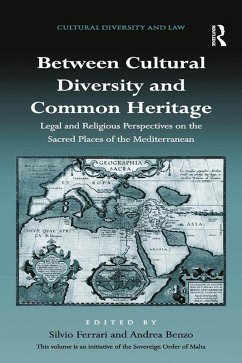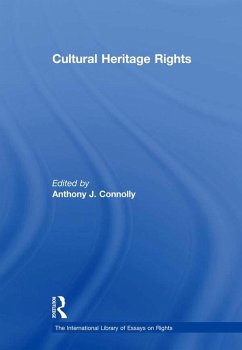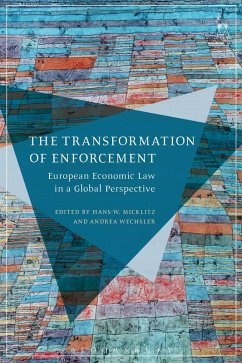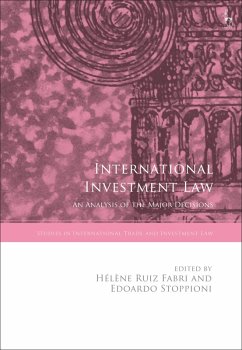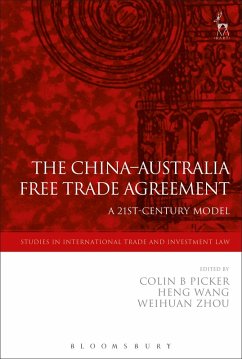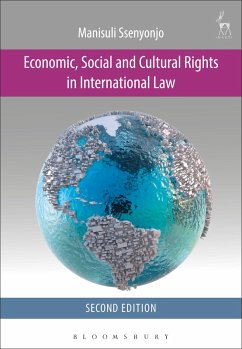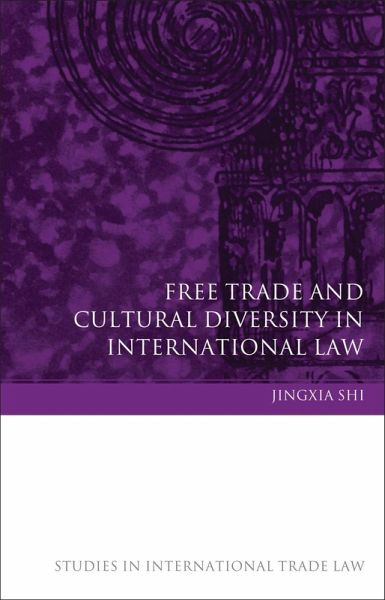
Free Trade and Cultural Diversity in International Law (eBook, ePUB)
Versandkostenfrei!
Sofort per Download lieferbar
74,95 €
inkl. MwSt.
Weitere Ausgaben:

PAYBACK Punkte
37 °P sammeln!
This book attempts to reconcile the concept of free trade with a key non-trade social value - cultural diversity - in an era of economic globalisation. It first shows how we can look at culture in many different ways, and explains why we should care about cultural diversity. The book then examines the challenges that policymakers are faced with in formulating cultural measures in the new media environment, and analyses UNESCO's theories and approaches to cultural diversity. This is followed by a comprehensive examination of the treatment of 'culture' in global and regional trade agreements, in...
This book attempts to reconcile the concept of free trade with a key non-trade social value - cultural diversity - in an era of economic globalisation. It first shows how we can look at culture in many different ways, and explains why we should care about cultural diversity. The book then examines the challenges that policymakers are faced with in formulating cultural measures in the new media environment, and analyses UNESCO's theories and approaches to cultural diversity. This is followed by a comprehensive examination of the treatment of 'culture' in global and regional trade agreements, including the framework of the GATT/WTO system, the WTO's judicial practice involving cultural products, and the treatment of culture under the EC/EU and NAFTA. This identifies the challenges trade norms encounter in dealing with cultural products. The author seeks to formulate a balanced view of the challenge of protecting and promoting cultural diversity while also recognising the important goal of trade liberalisation. To this end Professor Shi proposes a dual method through which the norms found in WTO agreements and in UNESCO cultural instruments may be brought into alignment: the first highlighting the compatibility of cultural policy measures with trade obligations on a domestic level, the second suggesting potential linkages between the WTO rules and the UNESCO Convention from the perspectives of treaty interpretation.




